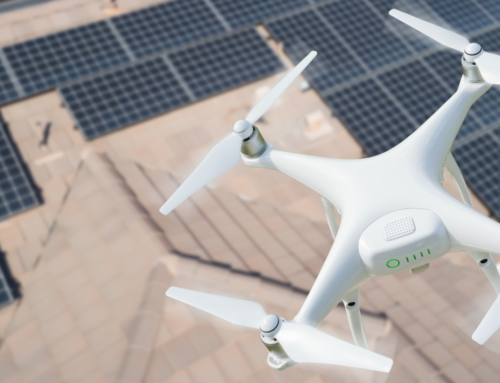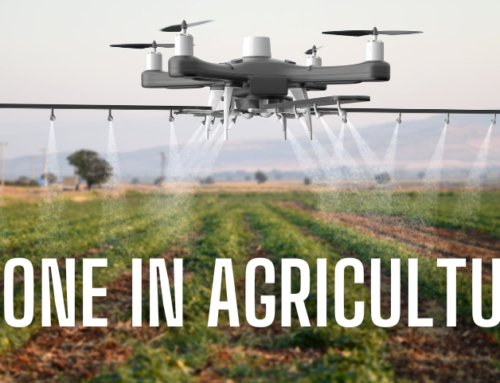On the occasion of the European Drone Forum 2022, Sara Mangoni, General Secretary of JEDA and Business Support Manager at EuroUSC Italia, takes stock of JEDA’s activity and looks to the next goals to be reached.
The European Drone Forum is the European conference gathering people interested in unmanned aviation on 7th and 8th November 2022 in Cologne. Not only experts in regulations and technical aspects or manufacturers, but also operators of drones, VTOLs and UAS participate to expand their network and learn more. The event is strongly linked with JEDA: indeed, the event is organised by UAV DACH e.V. – Unmanned Aviation Association (representing Germany, Austria, Netherlands, and Switzerland) which is also one of the founders of JEDA and whose President is Mr, Achim Friedl, the same one of JEDA. On this occasion, Sara Mangoni, Business Support Manager at EuroUSC Italia and General Secretary of JEDA, representing Italy on behalf of ASSORPAS, explains the JEDA activities and retraces the important stages of its first year.
One year on its foundation, what role does JEDA plays in the drone regulation?
Our association has gained great visibility and reliability among the key actors of the drone sector. Currently we have 12 of our members working as Points of Contact with the main European authorities, such as EU Commission, NAARIC, EASA, EUROCONTROL, SESAR JU, EEA, JARUS. Thanks to them, we have been engaged in important WGs: for example, Miss Julie Garland is involved in JARUS WG1, and Mr. Stefan Hristozov is involved in the SORA WG. These engagements allow us to bring the UAS operators point of views and needs in the regulatory decisional process. It is a great achievement for drone associations.
How do you collect and process the UAS operator feedback?
We usually elaborate an internal survey and send it to all the national associations involved in JEDA, in order to reach the UAS operators. Once all surveys are filled in and collected, those are analysed to extract feedback. Most often there are difficulties shared by all the States but also hurdles related to specific national markets. To ensure a regular exchange of information, JEDA has also created different Competence Groups. The first focuses on the European regulation implementation in the MS and promotes the exchange of information concerning the national regulations. Its activity, for example, has allowed to investigate the LUC functioning and bring out some shared issues. The second Competence Group focuses on training programme and organisation, that means costs, requirements, needs and development of programmes. Competence groups are an essential element for JEDA to exchange information, collect problems, propose new solutions and comments to the NPA drafts published by EASA.
What major challenges did you face?
The major challenge we face day by day is to involve our members in the activities of the Association. All our members already work hardly for their National Associations, and we know we are asking for additional effort out of their ordinary business. It’s not simple to find out the way and the right time to cooperate, but we are trying to improve and simplify our internal processes. We hope the involvement in the Competence Groups and the results we are obtaining sharing important information among us will encourage the members to be more pro-active and promote new activities in JEDA.
How is it important for JEDA to take part in international events on UAS?
International events are a great opportunity for us to spread the results of our activities and make authorities, researchers and manufacturers aware of the drone operator’s needs. So far, we have attended several important events: the AAI Conference in Paris, DronItaly in Bologna, the Portugal Air Summit and Interdrone Expo in Bulgaria. Moreover, last 10th October 2022 JEDA had a speech at the European Parliament event focused on the U-Space innovation. This event gave us the precious opportunity to show the UAS operators needs in the U-Space, in particular for what concerns the drone economy promotion, on the ground and U-Space infrastructures, European regulation, cyber security, UAS societal acceptance, Air traffic information in real time and the U-space services costs.
The next 29th November JEDA will be at the EU Drone Days, the SESAR 3JU U-space show-case event in Brussels. In that outstanding event intended to foster uptake of drone technology, while ensuring safety, security and social acceptance, Philippe Boyadjis, the JEDA Vice-President, will take a speech at the session entitled “Building the European drone service market: Innovative aerial services”.
Women remain underrepresented in the drone sector, especially in leaderships positions. What is your point of view on this matter?
In the last years, women participation in the drone sector has surely grown, even if not enough. Drone operators and flight schools are still a “men’s world”, but there are lots of women with high skills and competences in safety, cyber security, legal and engineering aspects, who can give their precious contribution to the sector. I’ve seen many of us successfully working for the Authorities and I hope that, in the future, also the private companies working in the field of UAS will recognize the value of women and will start to seriously involve them in their staff (not only when/if it is necessary to comply with a required gender equality plan).
My career has started in EuroUSC Italia, a consultancy company providing services in the drone market, where I could approach this fascinating world and develop a deep knowledge. In EuroUSC Italia I can keep me constantly updated on the latest development in the sector as the company participates in research projects drafting the roadmap for the U-Space services implementation. In addition, EuroUSC is involved in the activities of the main regulatory and international standardization bodies. For this, I am happy to share my knowledge with the JEDA partners and bring my contribution to all the UAS community.






